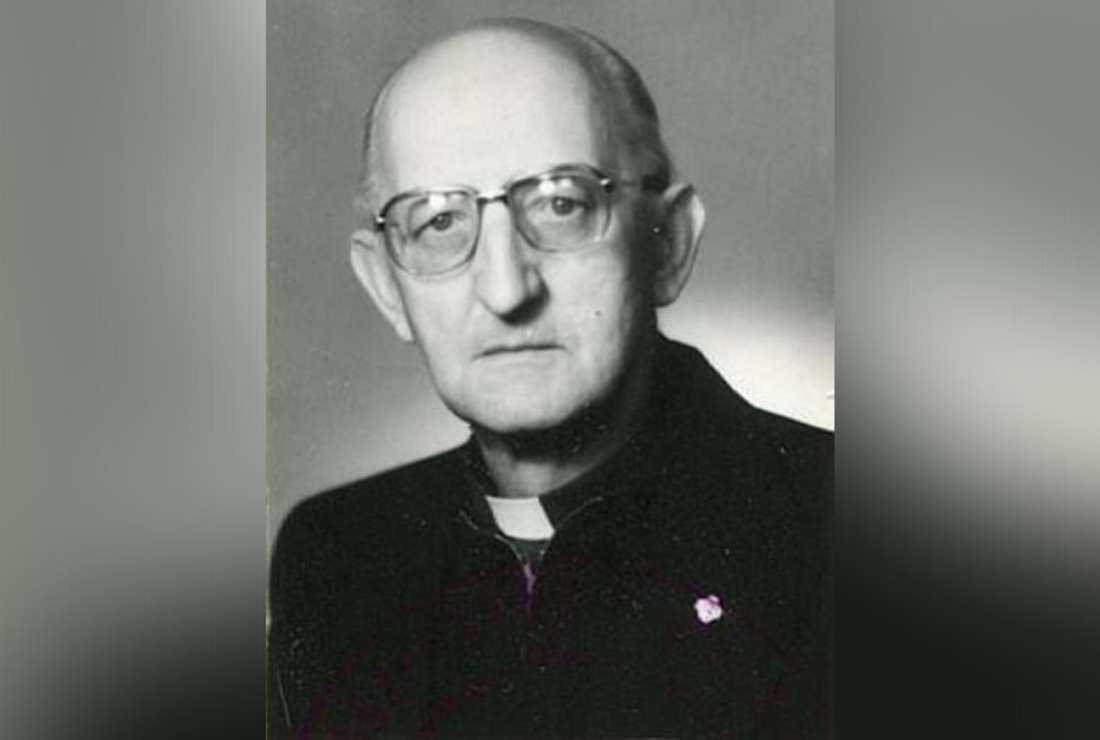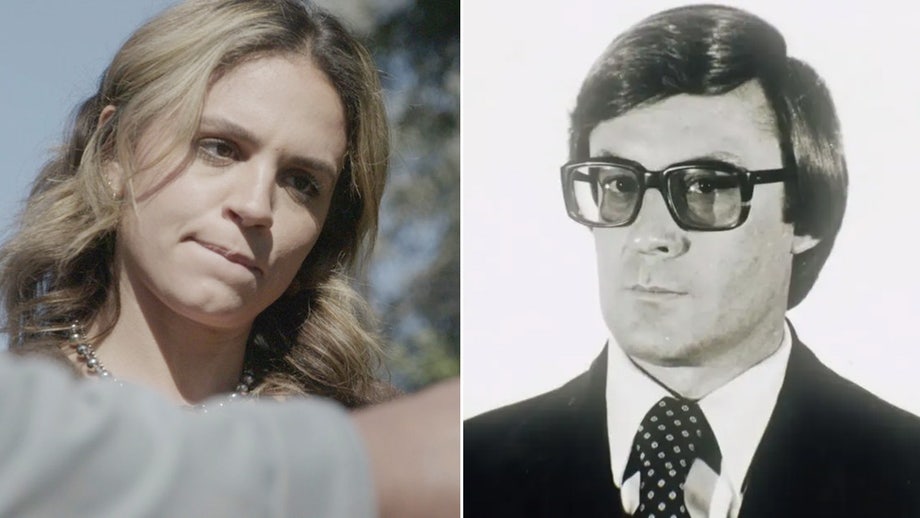When we think of forensic science, we often imagine crime scene investigations and the use of DNA evidence. However, the field of forensic toxicology, which involves the study of the effects of drugs and poisons on the human body, has a significant historical figure associated with its development. Mathieu Orfila is widely recognized as the “Father of Forensic Toxicology” due to his pioneering work in the field during the 19th century.
The Early Life and Education of Mathieu Orfila
Mathieu Orfila was born on April 24, 1787, in Mahón, Menorca, which was part of the Spanish Empire at the time. He later moved to France and pursued his education in medicine, ultimately becoming a prominent toxicologist and chemist. Orfila’s interest in toxicology was sparked during his time at the University of Paris, where he studied under renowned scientists and physicians.

Credit: www.ucanews.com
Orfila’s Influential Contributions to Forensic Toxicology
Mathieu Orfila made significant contributions to the field of forensic toxicology, revolutionizing the way poisons were detected and analyzed. His work laid the foundation for modern toxicological techniques and the establishment of toxicology as a scientific discipline. Orfila’s greatest accomplishments include:
Development Of Toxicological Methods
Orfila developed innovative methods for the detection and analysis of poisons in biological samples, pioneering the use of chemical tests and microscopic examination. His meticulous approach to toxicological analysis set a new standard for forensic investigations involving suspected poisoning cases.
Publication Of Seminal Works
Orfila authored several influential publications that served as fundamental references in the field of toxicology and forensic science. His comprehensive studies on the effects of various poisons on the human body provided valuable insights into the identification and interpretation of toxicological evidence.
Expert Witness Testimony
Orfila’s expertise in toxicology led to his involvement as an expert witness in numerous criminal cases. His testimony played a pivotal role in presenting scientific evidence to courts and contributed to the advancement of forensic toxicology as an essential component of legal proceedings.
Legacy of Mathieu Orfila and the Impact on Forensic Science
Mathieu Orfila’s pioneering work in forensic toxicology had a profound and far-reaching impact on the field of forensic science. His legacy encompasses:
Establishment Of Toxicology As A Scientific Discipline
Orfila’s systematic approach to toxicological analysis and his emphasis on scientific rigor helped establish toxicology as a distinct branch of chemistry and medicine. His methods and principles continue to influence the practice of forensic toxicology today.
Influence On Legal Proceedings
Orfila’s contributions enhanced the credibility of toxicological evidence in criminal investigations and legal proceedings. His meticulous research and expert testimony set a precedent for the integration of scientific expertise in the adjudication of cases involving poisoning and substance-related crimes.
Inspiration For Future Generations
Orfila’s legacy serves as an inspiration for aspiring forensic scientists and toxicologists, encouraging them to pursue groundbreaking research and advancements in the field. His dedication to scientific inquiry and pursuit of justice continues to resonate within the forensic science community.
The Enduring Influence of Mathieu Orfila’s Work
The legacy of Mathieu Orfila as the “Father of Forensic Toxicology” endures as a testament to his profound impact on the field of forensic science. His contributions have transcended generations and continue to shape the practice of toxicology and forensic investigations. Orfila’s groundbreaking research and unwavering commitment to scientific excellence have solidified his place as a visionary pioneer in the realm of forensic toxicology.
In conclusion, the pivotal role played by Mathieu Orfila in the development of forensic toxicology underscores the significance of his contributions to the field. His innovative methods, authoritative publications, and expert testimony have cemented his status as the “Father of Forensic Toxicology,” leaving an indelible mark on the history of forensic science.
Frequently Asked Questions Of Who Is Known As The Father Of Forensic Toxicology: Uncovering The Legacy
Who Is Known As The Father Of Forensic Toxicology?
Forensic toxicology is the study of drugs and toxins in the context of the law. The Father of Forensic Toxicology is considered to be Mathieu Orfila, a Spanish-born French chemist and pharmacologist. He played a significant role in the development of this field during the early 19th century.
What Is Forensic Toxicology?
Forensic toxicology involves the analysis of bodily fluids and tissues to determine the presence of drugs, poisons, or toxins in legal investigations. It helps establish the cause of death, detect drug use, and determine impairment in cases such as driving under the influence.
How Does Forensic Toxicology Work?
Forensic toxicology relies on a series of laboratory tests to identify and quantify substances in the body. Samples, such as blood, urine, or hair, are collected and analyzed using various scientific techniques, including chromatography and mass spectrometry. Results are interpreted by toxicologists to assist in legal cases.
Why Is Forensic Toxicology Important In Criminal Investigations?
Forensic toxicology plays a crucial role in criminal investigations by providing scientific evidence regarding drug-related crimes, poisoning cases, or determining the cause of death. It helps to establish a link between the presence of substances and their effects on an individual’s behavior, aiding law enforcement agencies in reaching accurate conclusions.


